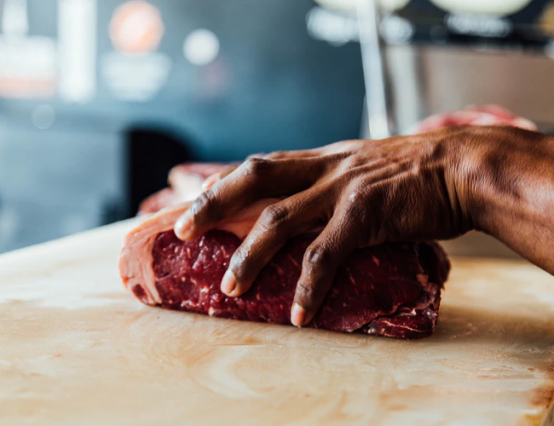Content warning: This article details themes that may not be suitable for a younger audience
Covid-19 has seen 100 million cases, 2 million deaths in 188 countries worldwide, with the highest mortality rates in the US, Brazil, India and Mexico. Despite the unprecedented death toll, the question that burgeons is what about the pandemic before the pandemic even began?
Banaz Mahmod, from Mitcham, London was strangled to death at 20 years of age and her body was found stuffed in a suitcase, buried in the garden. Ms Mahmod was beaten and raped by her illiterate husband for two years and finally the subject of an "honor killing" in 2006. She reported to the Police: “It was like I was his shoe and whenever he wanted to, he would wear it.”
It seems unjust that a woman who caused no harm to a soul should suffer harm herself, and it is a crime that little was done by the police to help her. A colleague said, “In this day and age, it is despicable to think that men can treat their wives like this and get away with it.” Sadly, Banaz is just one of many women whose lives have been ruined and even taken away by gender based violence.
While this is not the first time gender-based violence has been brought to attention, as the pandemic outbreak has left many men furloughed, more men are becoming prone to mood swings and intolerant outbursts. Violent marital episodes and threats are often a way of reinstating their authority in the household but there is no excuse.
Gender-based violence is now becoming globally prevalent. One third of women were victims of gender-based violence before the pandemic; 33% is the equivalent to the population of Sub-Saharan Africa, yet these numbers have now soared. Gender-based violence specialist, Diana J.Arrango, says:
“The sudden surge in gender-based violence is not only caused by the paralysis of movement but due to women’s perception of being endangered within their communities and their own homes. However, women in employment are less at risk from having this perception.”
The issue being highlighted is society’s obligation to re-examine gender dynamics but also to focus on the provision of economic opportunities, education and healthcare services that support women’s wellbeing. Carla Koppell, Advisor at the School of foreign Service observed that women carry more of the burden for care in the family and so feel obliged to give up employment, which makes them vulnerable to gender-based violence, she says:
“75% of women work in low paid jobs or unpaid labor, hence, they are more at risk of being trafficked."
In other parts of the world, girls are also vulnerable to reduction in education due to having less access to computers. They bear the burden of responsibility for household chores, which makes them likely to withdraw from school in a time of crisis. This leads to economic second order effects. With the increasing economic burden of the pandemic, global society is seeing a growing trend in premature marriages for the sake of securing prosperity.
Drastically, we need to deal with women’s specific vulnerabilities. Another aspect that requires our attention is the effort to elevate the voice of women whilst recognising their unique set of expertise and prevent retrenchment in the permanent loss of the status of girls. Koppell says that if the global community doesn't deal with these issues facing women and girls, we risk foregoing 13 trillion dollars for all of us around the world.
Tackling social and gender-based norms that exacerbate conflict and provide economic opportunities for women is vital. Norms which underpin society as a whole, such as parents who care for kids when they are at home from school must be overturned. And even small things like having access to cash could help alleviate financial stress that can often lead to gender-based violence.
Funding must quintessentially be married with authentic leaders and community health workers who have first-hand experience. Currently, 1% of international funding goes to gender-based led projects and projects led by women. Also, it demands that structures are put in place to ensure integrated health systems, all which requires policy changes.
By surveying the latter and reflecting on the risk factors of the pandemic, it is possible to identify what has worked so far as prevention programming against gender-based violence in the pandemic and see how it can be improved.
For more about 'Banaz A Love Story' - a gender-based violence and honor killing documentary visit: http://fuuse.net/banaz-a-love-story : Banaz A Love Story. An Emmy and Peabody winning film by Deeyah Khan ©Fuuse Films - YouTube








0 Comments